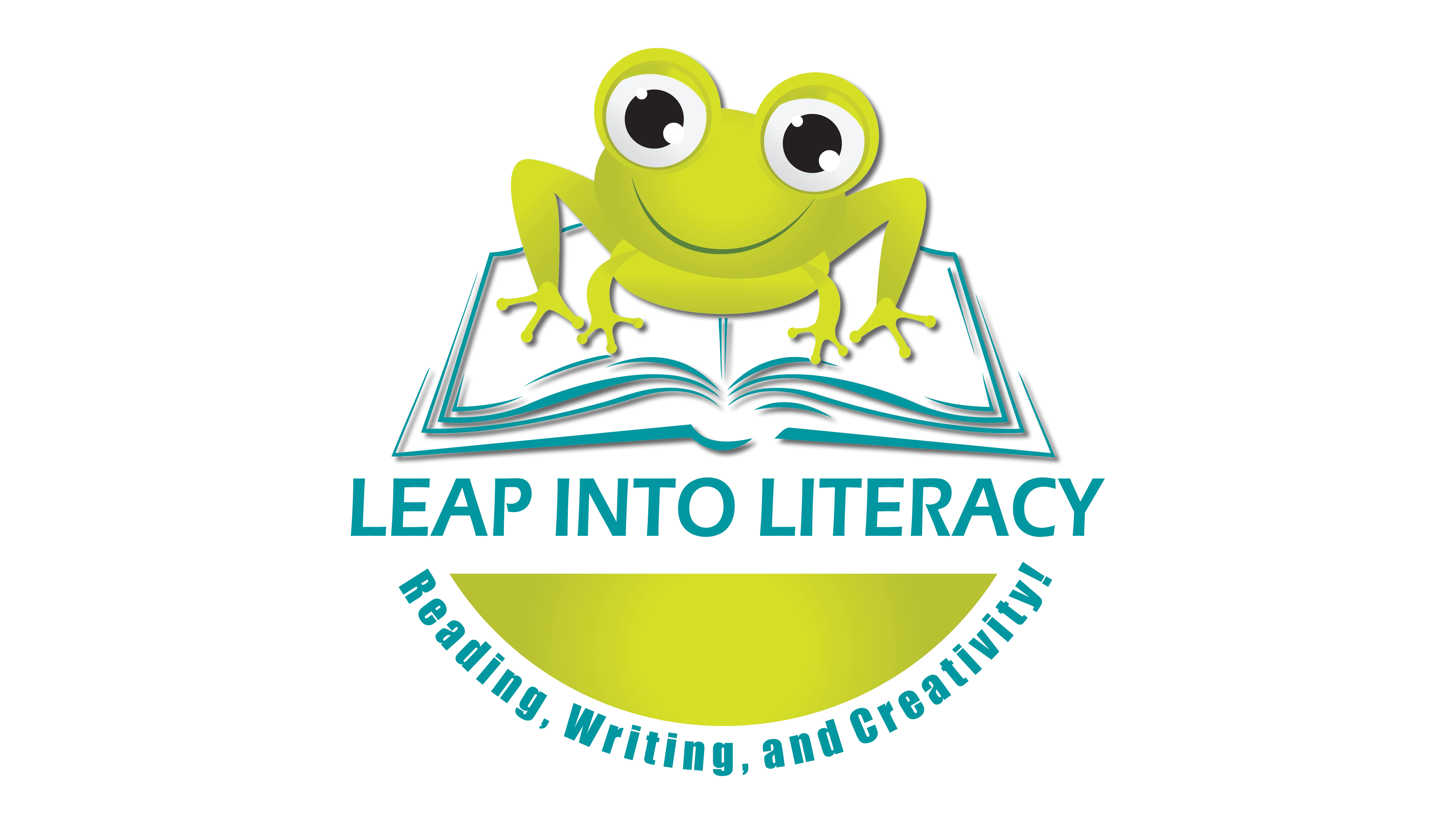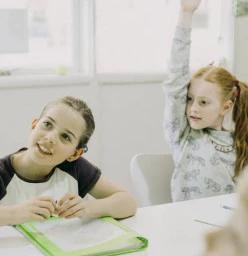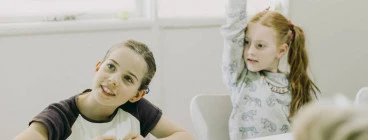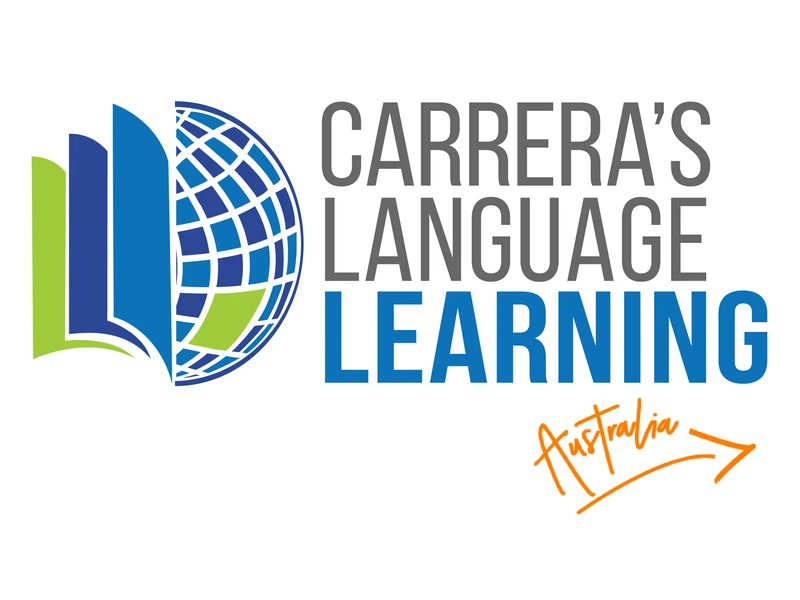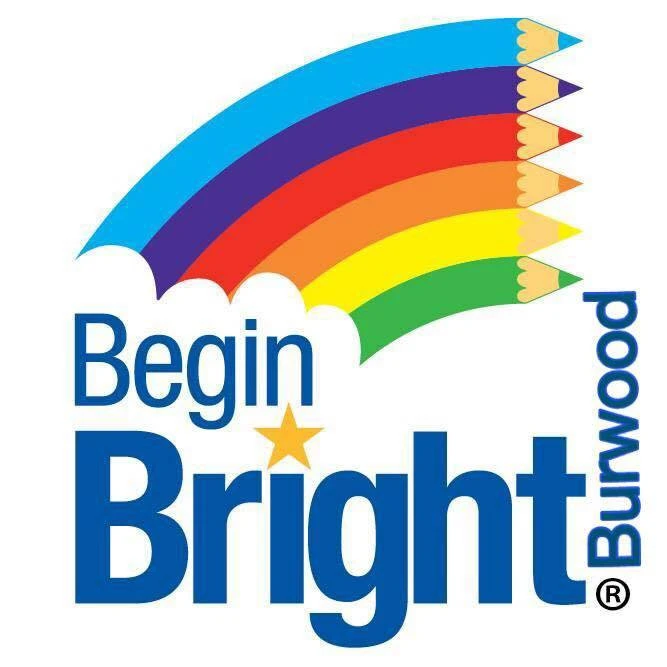- New John St., Kings Cross, NSW
- 2-5 km from Redfern
English Classes & Lessons for Kids - Redfern (2016)
the Eastern Suburbs, the Sydney Region, New South Wales (NSW)
Best match results for english classes & lessons for kids in Redfern + 5km.
We are a legitimate fast-growing academic writing company offering tailor-made assignments for academia. From tough to easy assignments, we deliver on time, every time! Collaborating with the academic leaders since Four years, Assignment Helper has proved to be one of the consummate providers in the industry of assignment writing services. We provide help with assignment writing covering almost all existing areas of study ranging from management, arts, mathematics, physics, to nursing as well.... Read more
Are you looking for a unique and fun way to extend your child's reading and writing skills? Leap into Literacy can help! Leap into Literacy is a PhD designed program that helps children become engaged in reading and writing through fun, creative techniques that aid retention, foster independent learning, and promote students future success.Our goal is to instil a lifelong love of reading and writing for all students, and to help extend those students who may need additional extension in these... Read more
- Tower 2, Darling Park, 201 Sussex Street, Mosman, NSW 2088
- 2-5 km from Redfern
- 45 Evans Street, Balmain, NSW 2041
- 2-5 km from Redfern
Language Trainers, a no-nonsense approach to language classes, operating in Sydney since 2004. Language Trainers specialises in one-on-one and small group language courses for business people and busy individuals who need language skills for work, study, travel, family and relationship needs. Our qualified native-speaking language teachers can teach you at your home or workplace, at any time of the day or Online via Zoom or Skype. Classes can be any day of the week (even weekends) in the morning,... Read more
English Academy for Spanish Speakers. Recorre tu camino junto con Carrera's Language Learning Australia, más de 8 años de experiencia en la enseñanza de inglés para hispano parlantes, 3 libros registrados y lo más importante, entendemos de dónde vienes, tus necesidades y tus metas para migrar a un país angloparlante. Te invitamos a ser parte de la familia para mejorar tu dominio de inglés y triunfes en tu nuevo hogar. Clases de inglés explicadas en español, porque tú te lo mereces. Tenemos varios... Read more
Other related businesses in and around Redfern (within 20km)
Creative Kids Voucher
$50 for students in NSW with an unused Creative Kids voucher! If you've not got one, head to Service NSW to obtain one for your child to find out if you're eligible.
- Chatswood, NSW
- 10-20 km from Redfern
Our AI unit is an extracurricular extension for children to solve "children's hundred thousand of why" with Mandarin/English translations function. With WIFI connection, this unit has always updated information like weather forecast as well as supported with FAT32 TF card format for favorite contents. Read more
Learn English by drawing with charcoal and painting with Acrylics. You will improve your accuracy and fluency by using language learning to create artworks too. I believe in making learning enjoyable useful and enjoyable. I am available from Friday to Sunday as your art party planner in helping you host events (birthday, anniversaries or other events) by using art as as family friendly or adults only means to learning or engaging time with friends and family. It is affordable, $180 per hour plus... Read more
Begin Bright creates happy, smart and confident children through school readiness and primary tutoring.Children in school readiness classes learn letter sounds and numbers to build a good foundation to learning before they start school. Read more



